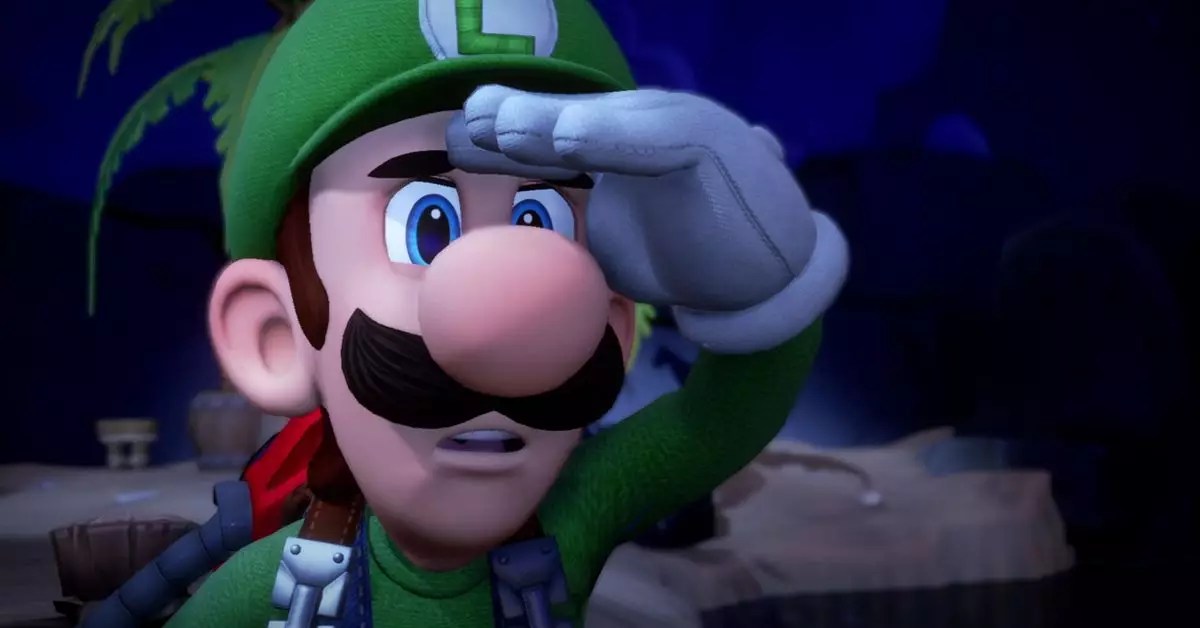The character of Luigi has long held a prominent position in the gaming world, often overshadowed by his more famous sibling, Mario. However, during events such as Awesome Games Done Quick 2025 (AGDQ), Luigi garnered significant attention, illustrating his newfound status among gamers. His quirky personality, charming goofiness, and meme-worthy moments have made him a beloved character, providing players with a humorous counterbalance to Mario’s heroic image. Yet, as the recent controversy surrounding Luigi Mangione—the man charged with the murder of UnitedHealthcare CEO Brian Thompson—unfolds, the gaming community’s affection for Luigi takes a more intricate turn.
At AGDQ 2025, the gaming community witnessed an overwhelming trend where viewers frequently chose to name characters after Luigi during various gaming sessions. This phenomenon was not merely fan nostalgia; it sparked a conversation around the culture of stream fundraising and the dynamics of gamer identity. With donations motivating bidding wars for naming rights, Luigi emerged as the preferred choice, symbolizing an intersection of humor and community, even amidst the discomfort of recent events. Consequently, the question arose: were these references solely driven by the culture of internet memes or were they reflective of a deeper commentary on Luigi Mangione’s actions?
During the speedrunning marathon, Luigi’s name became synonymous with an array of gaming titles—from Pokémon: Let’s Go Eevee to revered classics like The Legend of Zelda: The Wind Waker and Fallon: New Vegas. The participation statistics reveal a staggering figure; contributions that prioritized Luigi in naming—totaling over $18,000—highlight not just a fanfare for a fictional character, but the community’s engagement in shaping gaming narratives. This phenomenon showcases the unique capacity of gaming events to merge charity with playful participation, leading to reflections on morality behind popular choices as characters are resurrected in various contexts.
The proliferation of Luigi’s name in such a critical moment raises compelling questions about representation and interpretation. Was the community inadvertently reverberating support for a notorious figure or merely indulging in a collective inside joke? The blend of humor and discomfort suggests a complex relationship with cultural icons like Luigi, compelling gamers to make sense of their affiliations and the implications behind them. This duality mirrors the very fabric of internet culture where irony and sincerity frequently intertwine, creating a rich tapestry of emergent meanings.
In the end, Luigi stands as a testament to more than just a beloved character; he embodies the complexities within the gaming community itself. His rise at AGDQ 2025 serves as a reminder of how popular culture characters are not free from the contextual landscapes they inhabit. Whether the community’s affection for Luigi reflects a playful nod to meme culture or a deeper commentary on contemporary events remains an open question, leaving gamers to navigate the waters of fandom, morality, and community identity.


Leave a Reply